Beating the Summer Slump with Digital Play!
Summer is a welcome break from the rigor of school for most kids. They might busy themselves with summer camps, vacations, adventures, free play, and time with family and friends. […]
Organization is the thinking skill that helps a child take a systematic approach to problem solving by creating order out of disorder. Organization involves learning how to collect all of the necessary materials to complete a task while being able to step back and examine a complex situation. For example, a child is using organizational skills when they take time to gather all of their notes before starting to study for a test.
Video games allow kids to practice their Organization skills while in the midst of a fun and immersive gaming experience. Many games require that a child accumulate and organize objects or money in order to progress.
Watch the video to learn more about how video games can help your child improve their Organization skills.
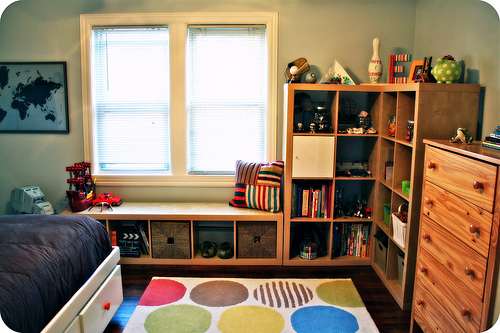 Organization is vital to a child’s academic success, as it allows them to arrange elements into a functioning whole, while understanding how to conceptually organize all facets of an activity to create a unified approach. Organization is the thinking skill that facilitates a child’s ability to obtain important information, make it accessible, and know how to use it for informed decision making.
Organization is vital to a child’s academic success, as it allows them to arrange elements into a functioning whole, while understanding how to conceptually organize all facets of an activity to create a unified approach. Organization is the thinking skill that facilitates a child’s ability to obtain important information, make it accessible, and know how to use it for informed decision making.
 https://js.hscta.net/cta/current.js//
https://js.hscta.net/cta/current.js//
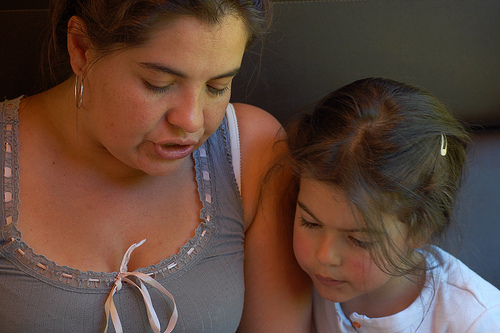 These are some general strategies and ideas for helping kids to improve their Organization skills.
These are some general strategies and ideas for helping kids to improve their Organization skills.
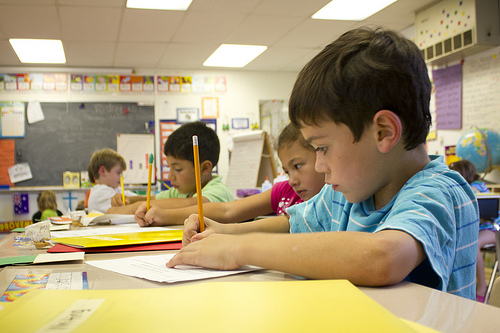
Organizational skills are crucial for academic success. Organization helps kids to prepare for long-term projects and allows them to effectively think through sentence construction in order to properly express an idea. Thinking in an organized manner is an essential skill for a variety of science and mathematical concepts, and plays a role across all academic subjects by aiding in a student’s capacity to find, complete, and turn in assignments.
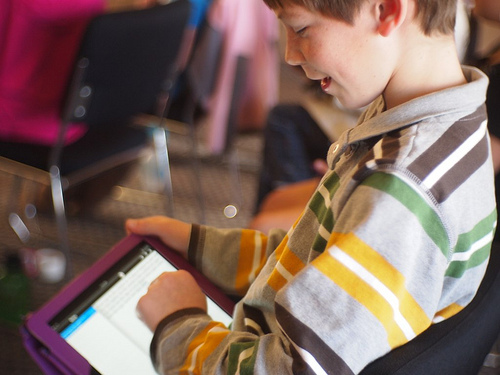 Playing video games, searching the Internet, trying out the newest app, or Facebooking a friend demands a variety of thinking skills. Proficiency with any of these digital tools requires the ability to apply skills such as Planning, Organization, Working Memory, or Self-Awareness. For children, the attraction of video games and technologies makes them an ideal teaching tool for practicing game-based skills and learning to apply them to school and daily activities.
Playing video games, searching the Internet, trying out the newest app, or Facebooking a friend demands a variety of thinking skills. Proficiency with any of these digital tools requires the ability to apply skills such as Planning, Organization, Working Memory, or Self-Awareness. For children, the attraction of video games and technologies makes them an ideal teaching tool for practicing game-based skills and learning to apply them to school and daily activities.
Video games practice organizational skills when players need to collect or categorize items to move from one level to another, complete game tasks in a particular sequence, or when they are required to keep track of what they have accomplished in order to move on. There are a variety of digital technologies that can improve and support organizational skills. These technologies range from electronic “to-do” lists available for mobile and desktop devices to search engines, social bookmarking, and cloud-based computing that facilitate labeling and organizing one’s information.
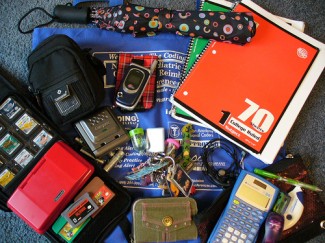 Organization is a commonly identified executive function, that is usually defined as the capacity to systematically order both materials and activities. It is a core component of Dawson and Guare’s theory of executive functions, after which we’ve patterned our Thinking Skills at LearningWorks for Kids.
Organization is a commonly identified executive function, that is usually defined as the capacity to systematically order both materials and activities. It is a core component of Dawson and Guare’s theory of executive functions, after which we’ve patterned our Thinking Skills at LearningWorks for Kids.
As an executive function, organization sometimes refers to the capacity to find structure not only for one’s self and one’s actions, but for materials and tools that are necessary to accomplish goals. Organization helps children to keep track of their toys, books, and clothing. It is also an important component of the problem-solving and goal setting components of many executive functioning theories. Organizational skills support productivity, improve time management, and enhance the successful completion of goals.
Assessing the executive function of organization in children involves determining how well they keep track of important materials like homework and school supplies, and how effective they are in keeping their personal lives in order. The LearningWorks for Kids Thinking Skills Assessment is based on the Executive Skills Questionnaire (ESQ), which primarily measures organization of one’s tools and possessions, rather than organization of one’s activities (which is measured by the executive skills of planning) . This scale focuses on tasks such as finding homework and other items necessary for home and school, that are frequently exhibited by alternative learners.
Summer is a welcome break from the rigor of school for most kids. They might busy themselves with summer camps, vacations, adventures, free play, and time with family and friends. […]
The Legend of Zelda: Tears of the Kingdom, the latest installment of the famed adventure game franchise, is set to be released on Friday, May 12, 2023. At LearningWorks […]
How do executive functions impact academic performance?
Executive functioning skills are the basic processes that allow us to pay attention, remember information, prioritize, and create plans. Our brains support focus, […]
Comments are closed.
All membership plans come with full access to our entire suite of tools learning guides, and resources. Here are a few of the ones we think you’ll like the most:
My son is autistic and non-verbal. He doesn’t read or play games like a normal six year old, but he likes the solor system, dragons and puzzles and watching thing fall to the floor. What do you have for him?
Beverly K.
Beverly,
Look through our games using the game search engine. Check out games and apps for kids with ASDs. Primarily, our games and apps are focused on children with Level 1 ASD.